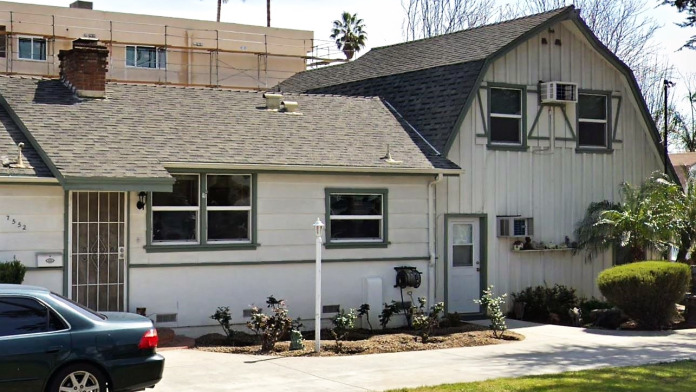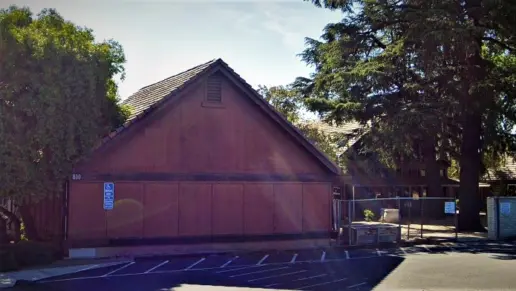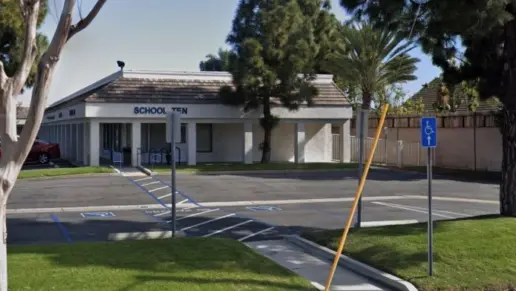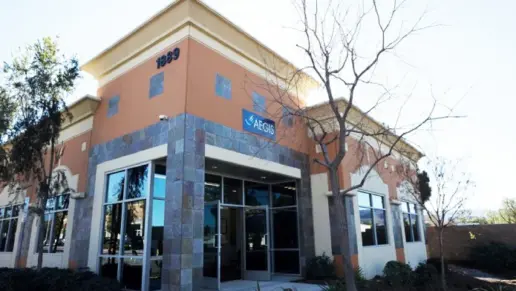About Cobrita House
The Cabrito House, located in Canoga Park, California, is a recovery home for adult men struggling with alcohol use. The location also hosts Alcoholics Anonymous (AA) meetings, and the organization offers a Next Step House for residents who have maintained sobriety at The Cabrito House.
The Cabrito House offers a sober living program that includes life-skills training and encouragement toward self-sufficiency. Residents must look for work as soon as possible and are encouraged to attend AA meetings and take other steps toward long-term recovery. The Cabrito House has a pool and outdoor grill for residents to enjoy.
The Next Step House, located in the Winnetka neighborhood of Los Angeles, offers men who have at least nine months of sobriety a chance to live more independently while still participating in The Cabrito House organization’s programs.
Insurance doesn’t usually cover sober living houses, but residents may be referred to additional alcohol or drug rehab services that do accept insurance plans. Insurance plans these programs might accept include Humana, Cigna, Blue Cross Blue Shield, United Healthcare, Aetna, Beacon, and Magellan Health. Because every insurance plan is different, be sure to check coverage details and out-of-network benefits by contacting your insurer directly.
Latest Reviews
Rehab Score
Gallery

Location
Other Forms of Payment
Self-pay involves paying for treatment out of your own pocket. You can use savings or credit, get a personal loan, or receive help from family and friends to fund your treatment. If you don't have insurance or your insurance plan doesn't cover a specific program, self-pay can help ensure you still get the care you need.
Addiction Treatments
Levels of Care
Treatments
The goal of treatment for alcoholism is abstinence. Those with poor social support, poor motivation, or psychiatric disorders tend to relapse within a few years of treatment. For these people, success is measured by longer periods of abstinence, reduced use of alcohol, better health, and improved social functioning. Recovery and Maintenance are usually based on 12 step programs and AA meetings.
Drug rehab in California teaches participants constructive ways to stay clean and sober. Treatment revolves around helping individuals stop using the substance they are addicted to and learn healthy habits to avoid relapse.
Substance rehabs focus on helping individuals recover from substance abuse, including alcohol and drug addiction (both illegal and prescription drugs). They often include the opportunity to engage in both individual as well as group therapy.
Programs


Clinical Services
Group therapy is any therapeutic work that happens in a group (not one-on-one). There are a number of different group therapy modalities, including support groups, experiential therapy, psycho-education, and more. Group therapy involves treatment as well as processing interaction between group members.
In individual therapy, a patient meets one-on-one with a trained psychologist or counselor. Therapy is a pivotal part of effective substance abuse treatment, as it often covers root causes of addiction, including challenges faced by the patient in their social, family, and work/school life.
Life skills trainings involve all the skills a person must have in order to function successfully in the world. These include time management, career guidance, money management, and effective communication. Truly successful addiction recovery is based on the ability to not only live substance-free, but to thrive. Life skills teaches the practical necessities of functioning in society, which sets clients up for success in life, and therefore sobriety.
Amenities
-
Residential Setting
-
Private Setting
Contact Information
7552 Remmet Avenue
Los Angeles, CA 91303


